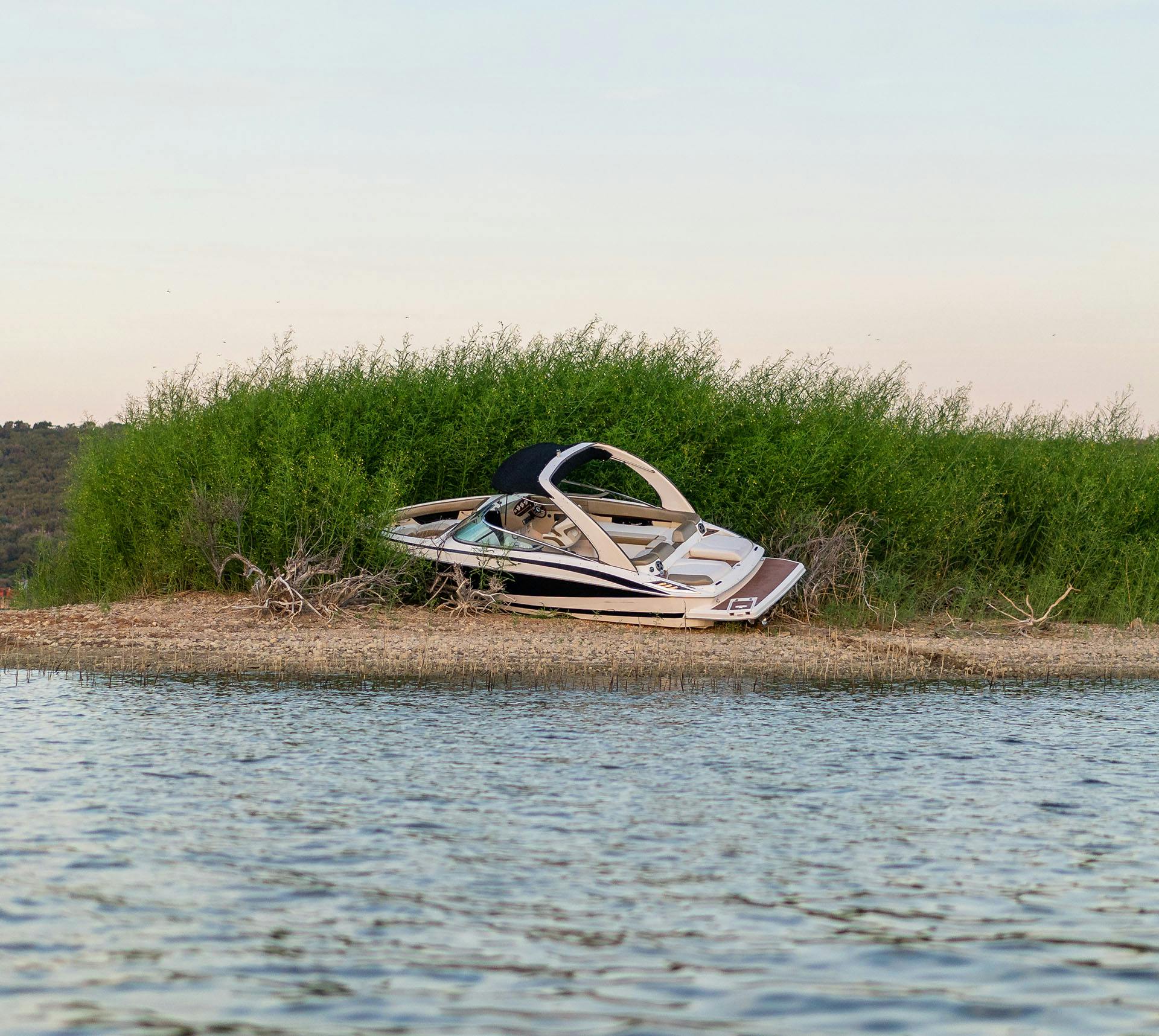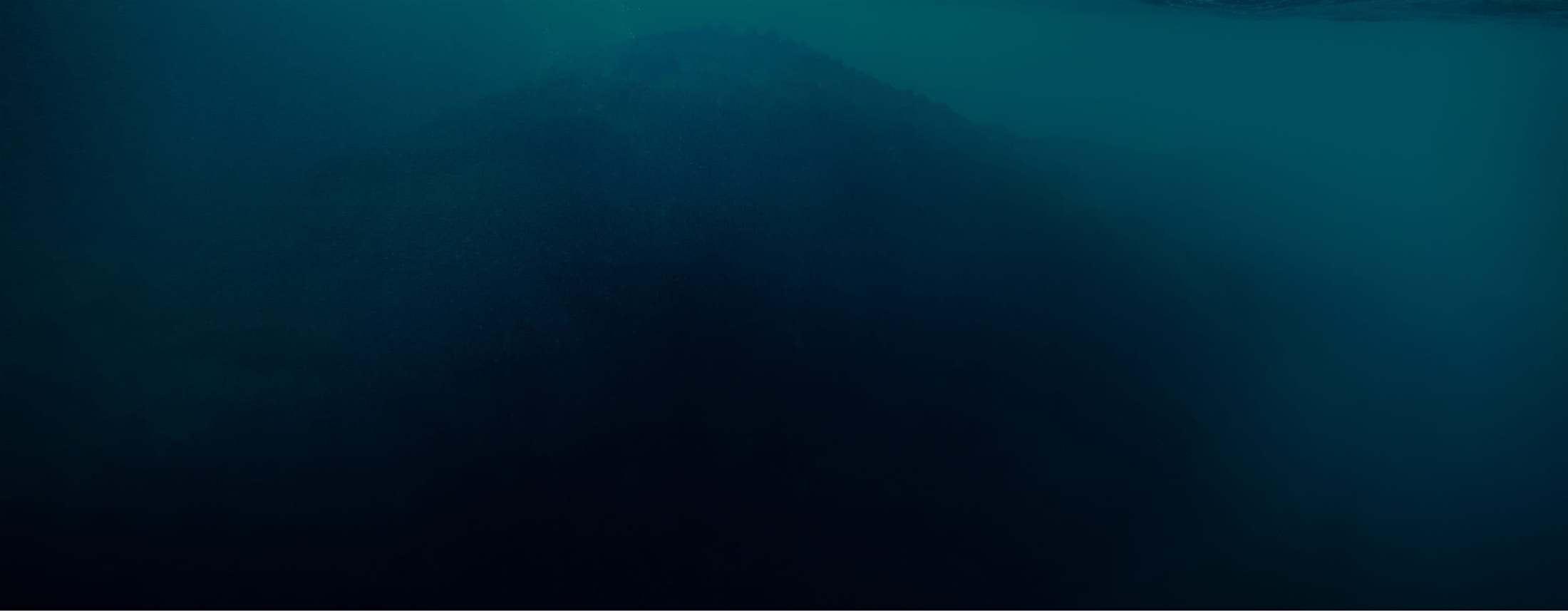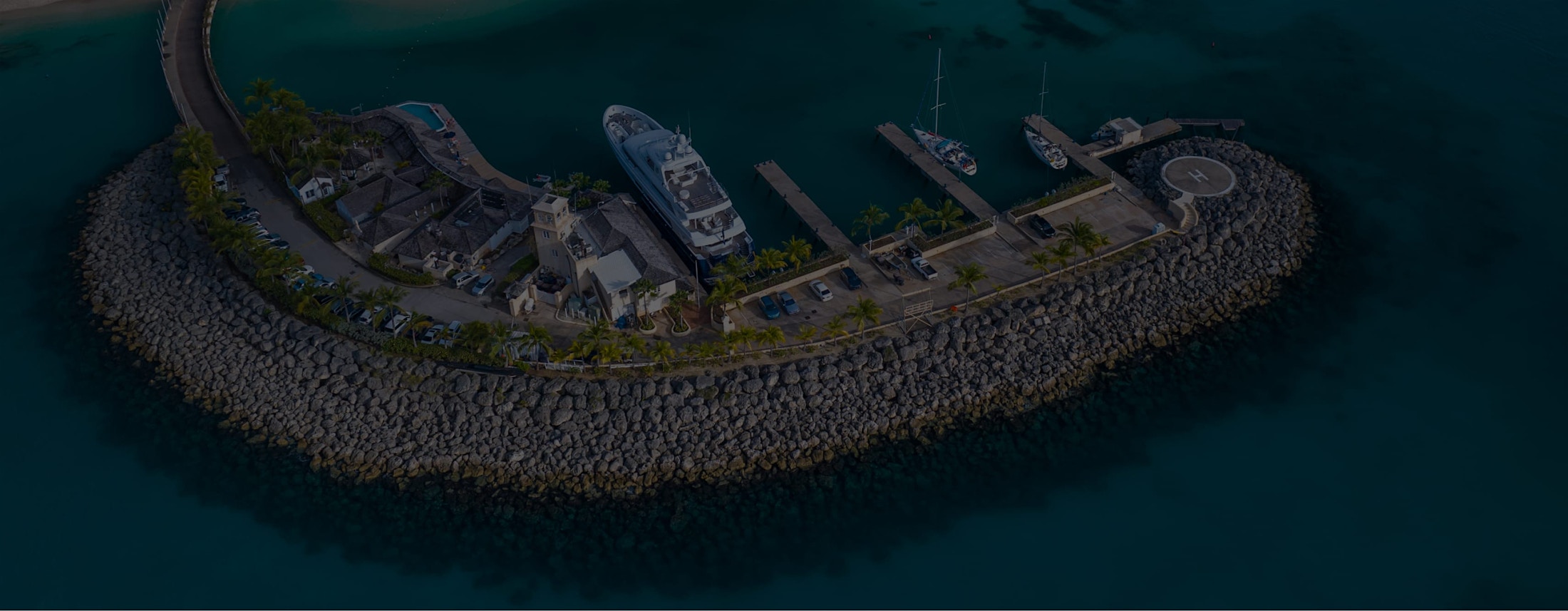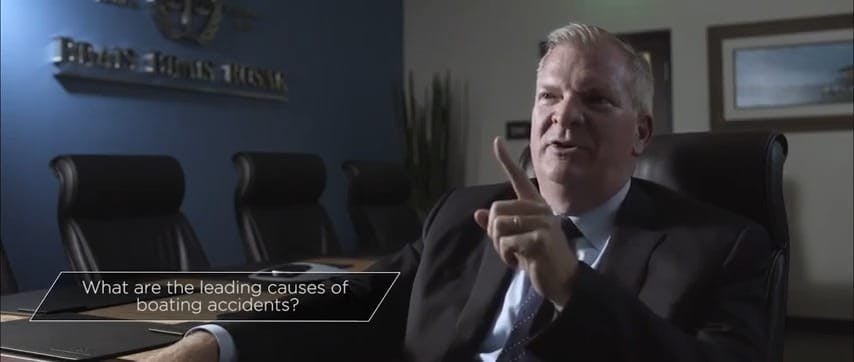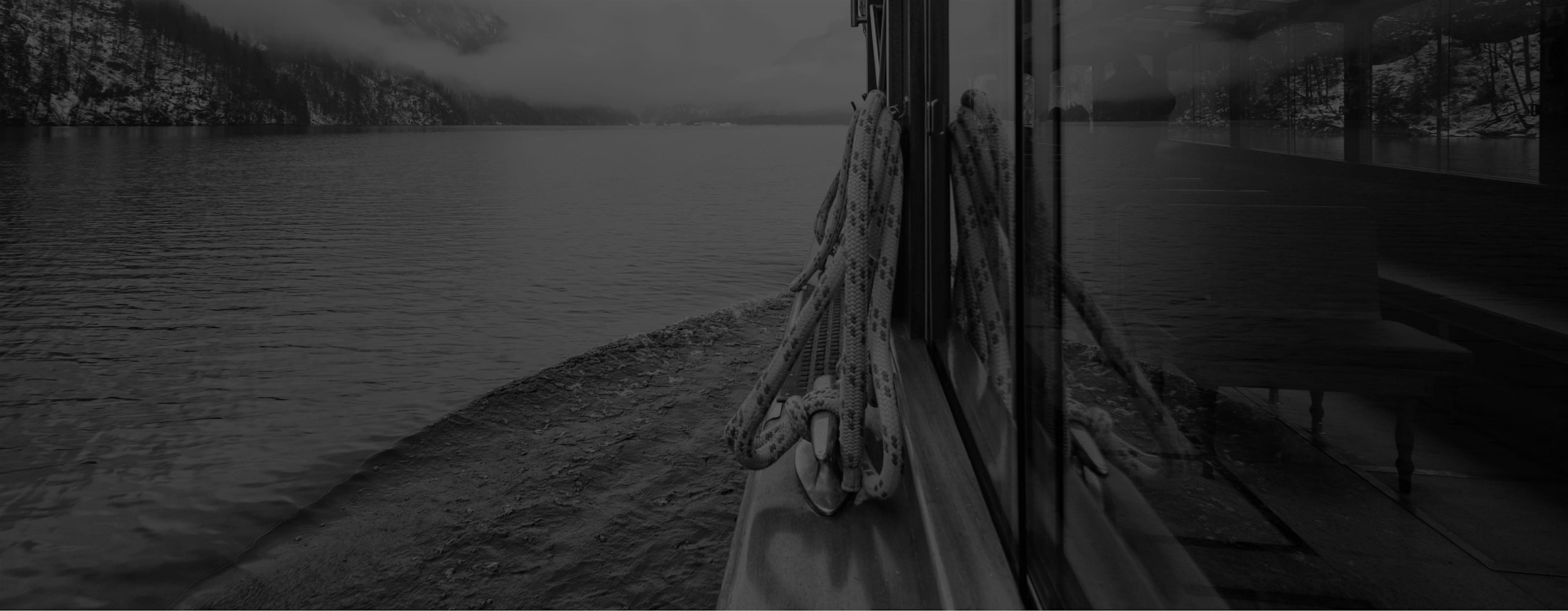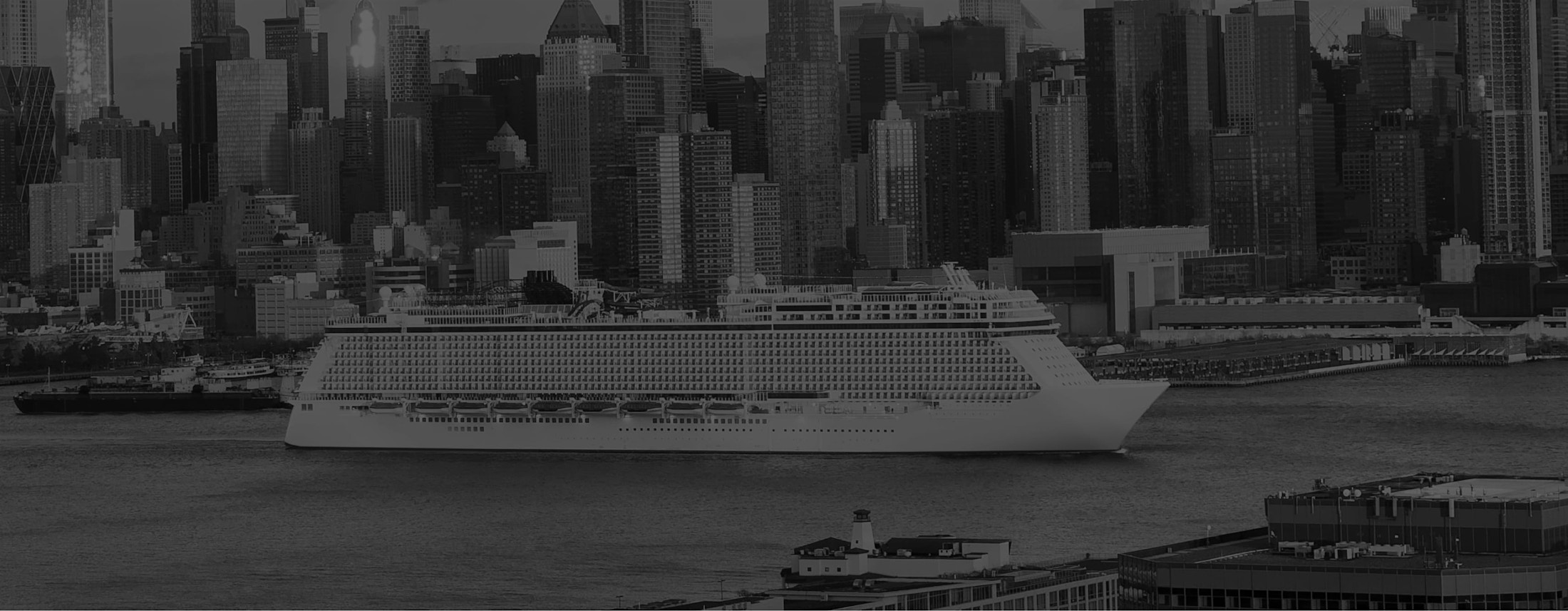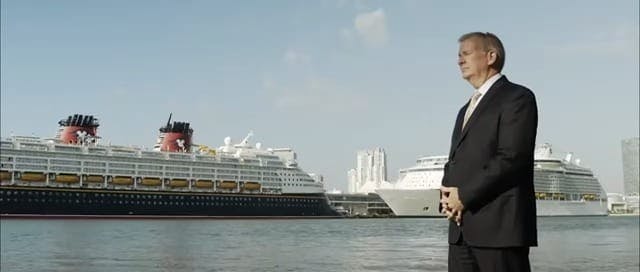Liability Explained by a Florida Boat Collision Lawyer
Liability for yacht and boat collisions can be divided into 3 categories: (1) violation of safety or navigation rules; (2) failure to abide by recognized customs and uses in the area; and (3) failure to follow general concepts of prudent seamanship and reasonable care.
Collisions involving yachts, boats, and personal watercrafts PWC are generally caused by one or both operators’ failure to abide by the federally prescribed navigational and/or safety rules. When a vessel operator violates a safety or navigational rule this triggers “The Pennsylvania Rule” Where normally a person injured due to a marine casualty bears the burden of proving his or her liability case (i.e., that the other side caused the collision and injuries), the Pennsylvania Rule shifts the burden to the operator to prove that his or her violation of a safety or navigational rule could not have been a contributing cause. In short, the law punishes those who disobey these regulations by presuming them at fault. The only way the violator can rebut this presumption is by proving that the violation “could not have contributed in the slightest degree to the accident” — something rarely accomplished. Violations that trigger this presumption include:
- Not having the appropriate licenses,
- Failing to display appropriate lights,
- Disobeying navigational rules (“Rules of the Road”),
- Not sounding the appropriate horn signals in limited visibility situations,
- Not keeping a lookout,
- Failing to monitor radar, and
- Not maintaining a safe or posted speed.
There can also be a shifting of the burden of proof from an injured party to an offending party when an operator strikes a stationary object. Hereto, the law imposes a burden upon an operator who strikes a stationary object, essentially assuming the operator is at fault. The presumption is referred to as the Oregon Rule.
The second-way liability can be imposed is when an operator fails to follow recognized navigational customs in the area where the collision occurred. Customs, no matter how well entrenched in the area, are not rules and cannot serve to trigger a rebuttable presumption. However, if it is shown that an operator failed to follow the area’s custom for the particular navigational situation, s/he will be deemed liable.
The final situation liability may be imposed in the absence of a statutory or custom violation is when an operator fails to follow general concepts of prudent seamanship and reasonable care. This standard is applied on a case-by-case basis, considering the circumstances and whether a prudent operator would have acted similarly. Should it be determined that the operator did or did not do something a reasonably prudent operator would have done, then s/he will be found liable for the collision.
A person injured due to a boat or yacht collision is entitled to a wide range of damages, including payment of medical bills, lost wages, loss of the enjoyment of life, as well as pain and suffering. Damages for wrongful deaths arising from a collision depend upon the person’s “status” aboard the vessel (e.g., crewmember, passenger or guest) and where the death occurred (inland waterways, navigable waterways but within 3 nautical miles, navigable waters beyond 3 nautical miles).

